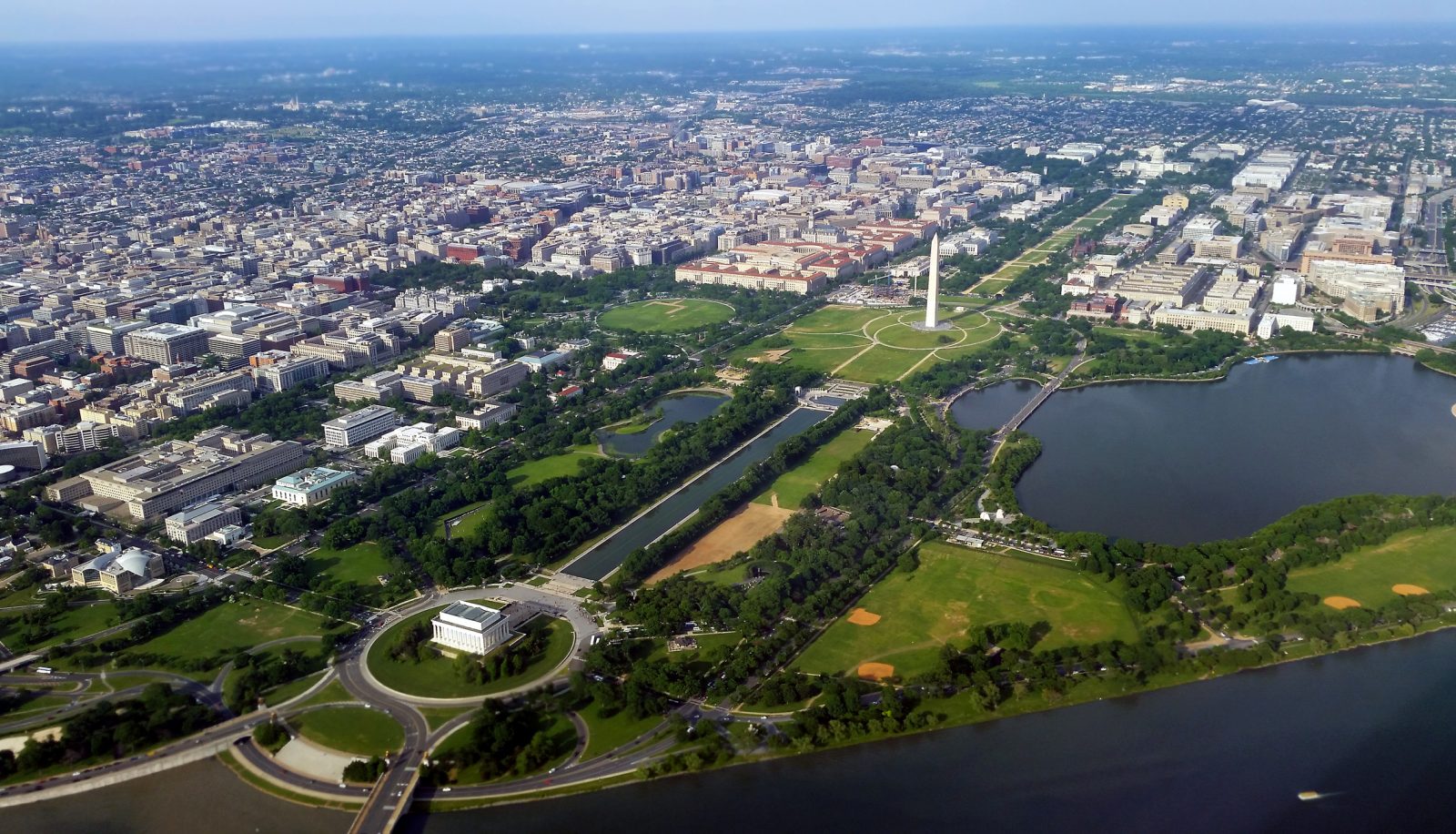Citizens, not powerbrokers, are the key to the deal and corporations should beware of growing populism against “corporate greed.”
I can’t think of a better example to demonstrate the basic rules of engagement:
- Do the research.
- Know the territory.
- Keep your finger on the pulse.
- Make friends before you need them.
- And never, ever take anything for granted.
If Amazon had approached this deal the same way they created loyal customers they likely could have avoided this very public catastrophe in Long Island City. But instead one of the largest companies in the world, along with two powerful politicians, got their “butts kicked.” If they had taken the time to understand the territory, communicate and build alliances, I would argue they could have had a very different outcome.
Instead they relied on old school thinking. They decided the support of two popular powerbrokers– Governor Cuomo and Mayor de Blasio – was enough. Surprisingly, these two very experienced politicians either didn’t advise Amazon – or Amazon didn’t listen – to first build local leader and citizen support. With perfect 20-20 hindsight, Mayor de Blasio stated, “We gave Amazon the opportunity to be a good neighbor and do business in the greatest city in the world … Instead of working with the community, Amazon threw away that opportunity.”
In today’s world of social media induced activism, the outspoken views of a few activists are amplified, giving voice to what some others are thinking, and that quickly cascades into the appearance of a movement. In this case a so-called movement that gave citizens and local leaders a huge and unexpected victoryand provided a national platform for populists who are increasingly looking askance at corporate activities. Consider that on the day Amazon bailed and GE fessed up the 800 jobs it promised were only 250, John Boyd, a specialist in such deals, toldThe Boston Globe of “unprecedented citizen contentiousness” with “an increasingly populist zeitgeist among politicians,” citing “income inequality” and “the gulf between haves and have-nots.”
I don’t know whether Amazon did a poll before they selected Long Island but even if they did, things changed dramatically from when they entered the market in 2017 and 2019. Just ask 10-term Congressman Joe Crowley. Regular polling would have picked up on fast-moving changes and they would have recognized that last year’s elections shook the foundation of state politics and the support for their proposal. They would have have seen the deep and growing division between the centrists who seek jobs and economic growth and a growing force of new residents and young populists for whom tax incentives and corporate behemoths are unpopular.
Careful analysis of tracking polling would have shown the skepticism among African Americans, Latinos, Asians and the other nationalities that make Queens the most ethnically diverse urban area in the country. Indeed, there are nearly 50 ethnic newspapers and magazines published in the Borough. And, if they had their finger on the pulse of the community they also would have recognized and have had the time to deal with union opposition (a resurging political force as demonstrated in several state ballot measure wins in the 2018 election that corporations should take note of) by working earlier with union leaders and doing outreach to individual members.
Amazon and the political leaders they had on board were not able to effectively communicate the local value of the deal’s merits. People didn’t hear that the $3 billion in tax breaks for Amazon was – for the most part – reductions in future taxes. Instead, what they heard and got mad about was the carve-out in the deal for a helipad for executives … instead of support for mass transit. The message about the $3 billion in incentives bringing $27 billion in revenue to support infrastructure upgrades for schools, roads and sidewalks, parks and other improvements in neighborhoods was lost in the fray.
In the wake of Obama populism, the model of community organizing has translated well for the new business paradigm. Airbnb has navigated its way through cities around the world to grab its share of the tourist hospitality trade. Ride sharing ventures like Uber and Lyft have rallied support –neighborhood by neighborhood, census tract by census tract – to dramatically reshape the transportation culture.
How could Amazon and New York not make it work? Did they ignore the fundamentals: pulling everyone around the proverbial table and making all seated feel they were about to share in something exciting for their city, their neighborhoods, their livelihoods, their families,their futures?
Perhaps the memo was lost, the one somewhere between Seattle, Albany and City Hall; the one that prescribed building grassroots coalitions and neighborhood advisory groups and business advisory panels and education and community alliances. The one that required listening.
